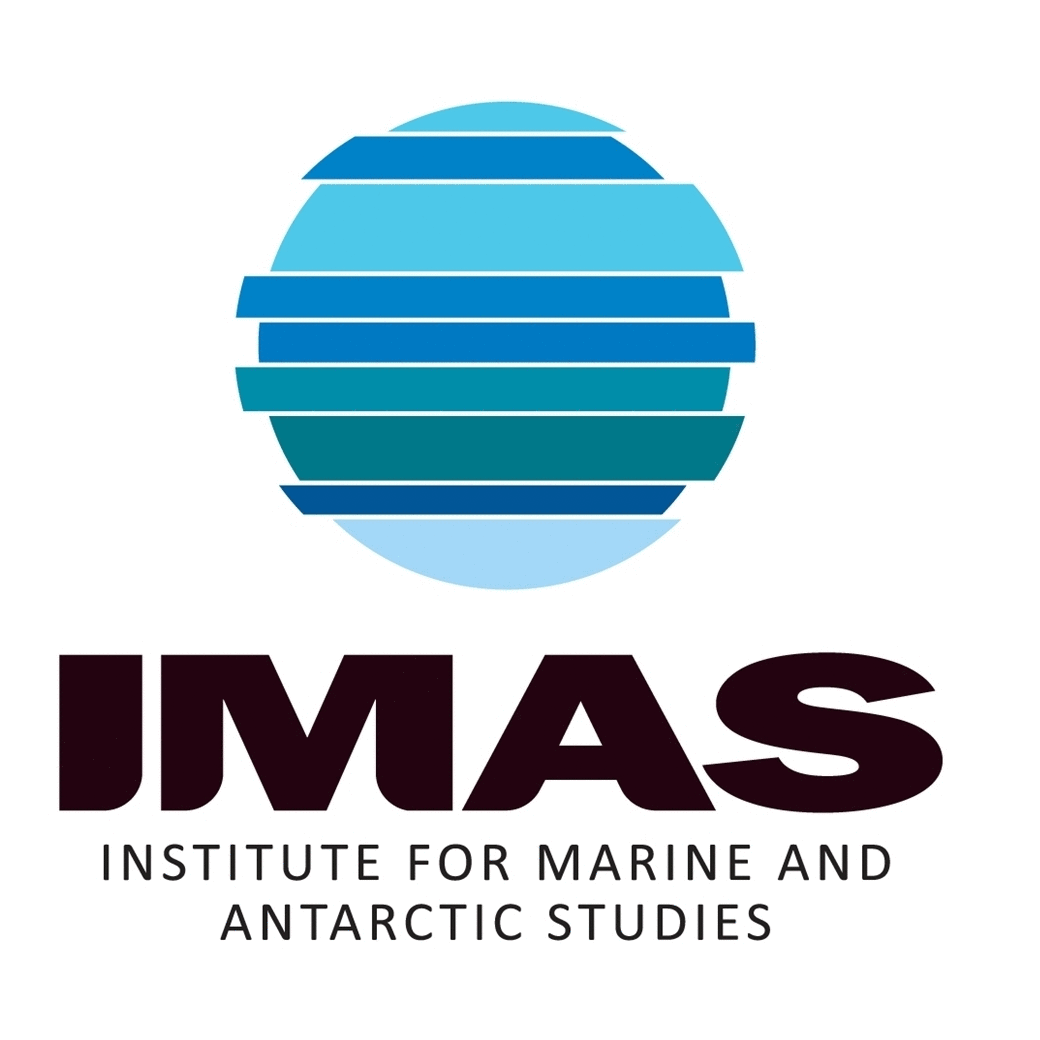EARTH SCIENCE | BIOLOGICAL CLASSIFICATION | ANIMALS/INVERTEBRATES | ARTHROPODS | CRUSTACEANS
Type of resources
Topics
Keywords
Contact for the resource
Provided by
Years
-
Policy and decision makers often seek guidance as to the benefits of conservation and repair of coastal seascapes, to justify and underpin any potential investments. Much is already known about the broad habitat and nursery values of seascapes among the science community, but there is also a need for estimation of clear and unambiguous market-based benefits that may arise from investment in repair. Recognising that this economic knowledge is imperfect for Australian seascapes, three case studies spanning tropical, subtropical and temperate environments explored the benefits in question. The case studies focus on saltmarsh habitats in particular, which have received very little investment in repair despite subtropical and temperate coastal saltmarsh listed as vulnerable ecological community under Australian Federal legislation. A subset of economically important species and conservative judgments were used to characterise the minimum potential economic benefit. For each of the case studies the conclusion was that while the biological information will remain imperfect, the business case for investment in the repair and conservation of coastal seascapes is compelling. We outline priorities for further research to make the business case more tangible to policy makers, stakeholders and the general public.
-
Southern Rock Lobster (Jasus edwardsii) commercial fishery catch by block (in tonnes) and nominal Catch Per Unit Effort (CPUE, in kg/pot lift) per lobster fishing block per year for all depths. The data was retrieved from the Tasmanian Wild Fisheries Assessments site (https://tasfisheriesresearch.org/). Tasmanian wild fisheries stock assessments are conducted by the Fisheries and Aquaculture Centre of the Institute of Marine and Antarctic Studies (IMAS) on behalf of the Tasmanian Department of Natural Resources and Environment (NRE Tas). Under the Sustainable Marine Research Collaboration Agreement (SMRCA), IMAS conduct fishery assessments, provide expert management advice and undertake scientific research on Tasmanian fisheries issues for NRE Tas.
-
Data on captive feeding trials for prey preference in southern rock lobsters on longspined sea urchins, black lipped abalone, shortspined sea urchins and periwinkle.
 IMAS Metadata Catalogue
IMAS Metadata Catalogue